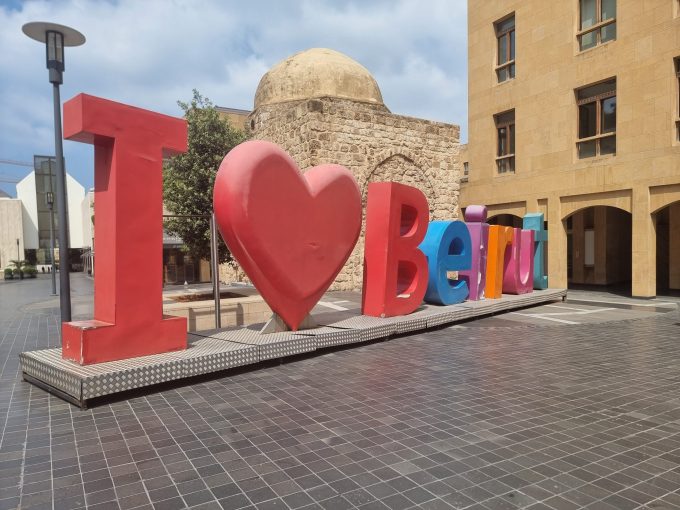Shipping lines are sub-letting tonnage to profit from firm charter market
Charter rates continue to defy the freight market, with HMM sub-letting a chartered vessel to ...

Three years after the port explosion in Beirut, container shipping has returned to normal – but political and economic instability means the port may lose out to other regional hubs in the future.
According to government officials and analysts, the container port in Beirut, an industrial and logistics ...

Comment on this article